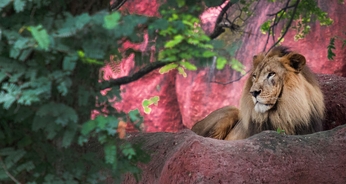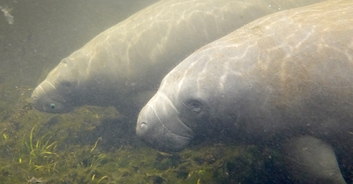A new study, published in Science Magazine, indicates animals are becoming more nocturnal to try and avoid human interference.
Ecologists Kaitlyn Gaynor, Cheryl E. Hojnowski, Neil H. Carter, and Justin S. Brashares from the University of California in Berkeley claim that the accelerated population growth is forcing animals to adjust their sleeping patterns and that this could have potential "ecosystem-level consequences" in the near future.
Gaynor's believes that camping and hiking could be having a negative effect on wildlife, stating: "It suggests that animals might be playing it safe around people. We may think that we leave no trace when we're just hiking in the woods, but our mere presence can have lasting consequences ... Humans can do their thing during the day; wildlife can do their thing at night"
The researchers came to this conclusion through a cumulative meta-analysis of 76 studies of 62 species from six continents. Their analysis discovered an increase in nocturnalism in mammalian species by an average factor of 1.36, and what's more interesting is that their findings were consistent across species, habitats, and the activities of humans in the area.
Animals in the study included Tanzanian lions, otters in Brazil, coyotes in California, wild boars in Poland, and tigers in Nepal.
Commenting on the study, ecologist Marlee Tucker, from Goethe University in Frankfurt, stated: "It's a little bit scary. Even if people think that we're not deliberately trying to impact animals, we probably are without knowing it."












